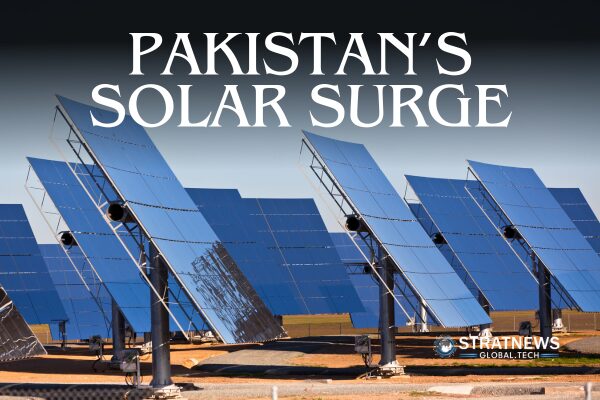Pakistan’s Rooftop Solar Power Set to Surpass Grid Demand in 2026
Pakistan is poised for a major energy shift next year, as rooftop solar generation is expected to exceed power demand on the national grid during daytime hours in several industrial regions. This milestone highlights a rapid solar boom that has transformed the country’s energy landscape.
Solar Boom Reshaping Energy Demand
According to Aisha Moriani, Secretary of Pakistan’s Climate Change Ministry, the country will soon face “negative grid-linked demand” during certain hours. This means that solar energy generated on rooftops will fully offset electricity drawn from the grid. Speaking at the COP30 climate conference in Brazil, Moriani said this trend marks a significant change in how Pakistan’s industries consume power.
Regions such as Lahore, Faisalabad and Sialkot are leading the shift, driven by industrial users who have invested heavily in solar technology. Power cuts and rising tariffs have pushed many businesses and households to turn to solar panels, making Pakistan the world’s third-largest importer of solar equipment.
Grid and Market Challenges Ahead
The increase in solar power has reduced both emissions and power costs for many consumers. However, it has also placed financial pressure on utilities already burdened with debt, as demand for grid-based electricity continues to fall.
Moriani noted that Pakistan’s biggest challenge is not the growth of renewables, but how quickly the grid, regulations and market structures can adapt. The government plans to introduce new tariffs for large-scale solar users and adjust fee structures so that solar-powered businesses contribute fairly to the costs of maintaining the grid.
Impact on Energy Imports and Future Outlook
With solar generation rising, Pakistan is rethinking its reliance on imported liquefied natural gas (LNG). The country has already cancelled cargoes from Italy’s Eni and is seeking to renegotiate its contracts with Qatar, its top LNG supplier. Moriani explained that Pakistan aims for lower prices, flexible delivery schedules and a reduction in cargo volumes to match the new energy mix.
Although no formal negotiations took place during COP30, Moriani said the conference created “diplomatic space for engagement” with energy leaders. She added that Pakistan’s goal is to align its gas import strategy with fiscal limits, energy demand and seasonal needs, ensuring affordability rather than expanding LNG dependence.
As solar energy adoption accelerates, the coming year could mark a turning point in Pakistan’s energy journey — one that balances sustainability, affordability and energy security.
with inputs from Reuters


